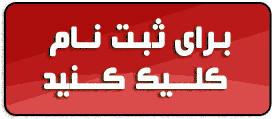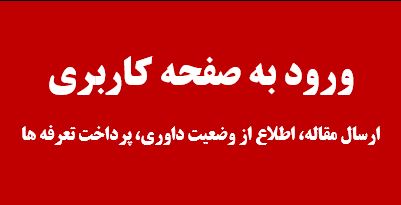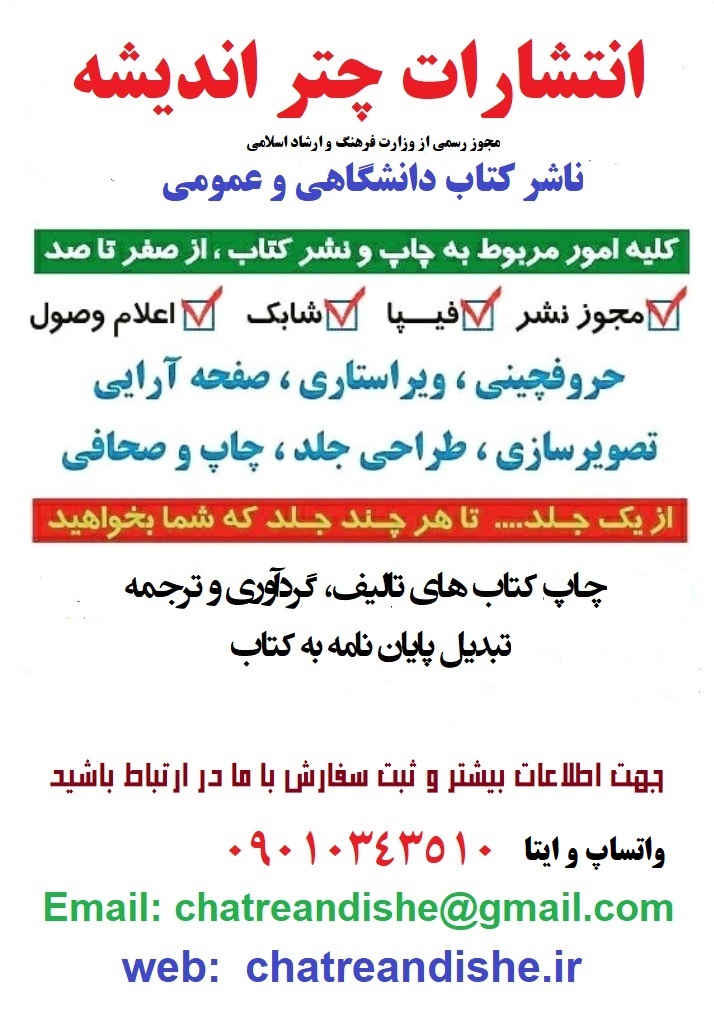The Effectiveness of Teaching Dialectical Behavior Therapy Skills on Cognitive Emotion Regulation of Opium Addicts in Detoxification Phase
دوره 4، شماره 45، اسفند 1400، صفحات 56 - 41
نویسندگان : سارا غلامی *
چکیده :
The present study aims at investigating the effectiveness of teaching dialectical behavior therapy skills on cognitive emotion regulation of opium addicts in detoxification stage. The study makes use of a quasi-experimental method. The study subjects have been selected based on a purposive method and they were randomly assigned to two intervention and control groups: both of the groups were subjected to tests at the same time and before the independent variable was implemented; afterwards, the groups were again tested after the independent variable was implemented on the intervention group as well as in a 3-month follow-up period. The study population was comprised of all male addicts who had been passing detoxification stage in Boghrat substance abuse clinic, in the city of Tehran in 2015-2016. The current research paper takes advantage of a purposive sampling method and uses diagnostic interviews by the author through utilizing the criteria outlined in DSM-5 and also through inquiring ideas and notions from a psychotherapist as a result of which 34 individuals were selected and eventually the study was completed with 27 individuals as the study sample volume; their information was assessed by means of Cognitive Emotion Regulation Questionnaire (CERQ). The results obtained by the use of descriptive statistics (statistical indices such as frequency, percentage, mean) and inferential statistics (covariance analysis) indicated that teaching dialectical behavior therapy skills is effective on the cognitive emotion regulation of the addicts in their detoxification phase.
The present study aims at investigating the effectiveness of teaching dialectical behavior therapy skills on cognitive emotion regulation of opium addicts in detoxification stage. The study makes use of a quasi-experimental method. The study subjects have been selected based on a purposive method and they were randomly assigned to two intervention and control groups: both of the groups were subjected to tests at the same time and before the independent variable was implemented; afterwards, the groups were again tested after the independent variable was implemented on the intervention group as well as in a 3-month follow-up period. The study population was comprised of all male addicts who had been passing detoxification stage in Boghrat substance abuse clinic, in the city of Tehran in 2015-2016. The current research paper takes advantage of a purposive sampling method and uses diagnostic interviews by the author through utilizing the criteria outlined in DSM-5 and also through inquiring ideas and notions from a psychotherapist as a result of which 34 individuals were selected and eventually the study was completed with 27 individuals as the study sample volume; their information was assessed by means of Cognitive Emotion Regulation Questionnaire (CERQ). The results obtained by the use of descriptive statistics (statistical indices such as frequency, percentage, mean) and inferential statistics (covariance analysis) indicated that teaching dialectical behavior therapy skills is effective on the cognitive emotion regulation of the addicts in their detoxification phase.
کلمات کلیدی :
dialectical behavior therapy, cognitive emotion regulation, opioids
dialectical behavior therapy, cognitive emotion regulation, opioids
مشاهده مقاله
661
دانلود
0









